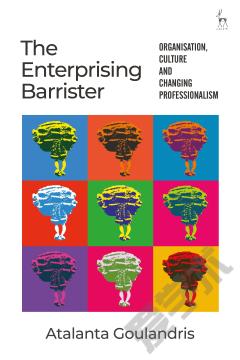Bartholmew Fair
Early modern London - too foggy and Protestant to have a carnival -offered its inhabitants commercial events during which to indulge theirneed for bodily delights and festival exuberance. The fair of StBartholmew, held anually in Smithfield on 24 August, served Jonson asan opportunity to dissect a wide cross-section of Londoners and theirvarious reasons for spending a day out among the booths, stalls, smellsand noises of the fair. Unusually magnanimous for a Jonsonian citycomedy, the main thrust of the satire is not against fools, madmen,fortune-hunters, cuckolds or prostitutes, but against hypocrisy andbigotry. This edition shows that the play can be read as acomprehensive refutation of puritanism and the London magistracy, bothof whom were attacking the theatre (and the festive culture of which itwas still part) as idolatrous, seditious and disorderly.
{{comment.content}}








 京公网安备 11010802027623号
京公网安备 11010802027623号